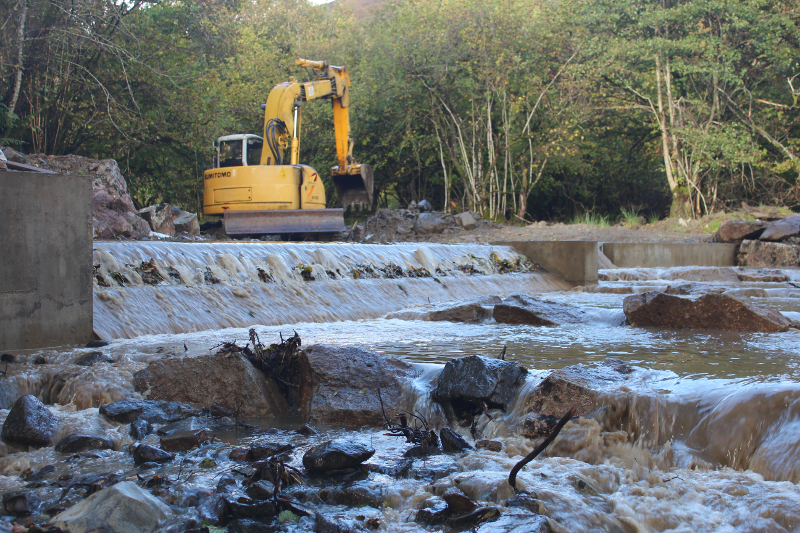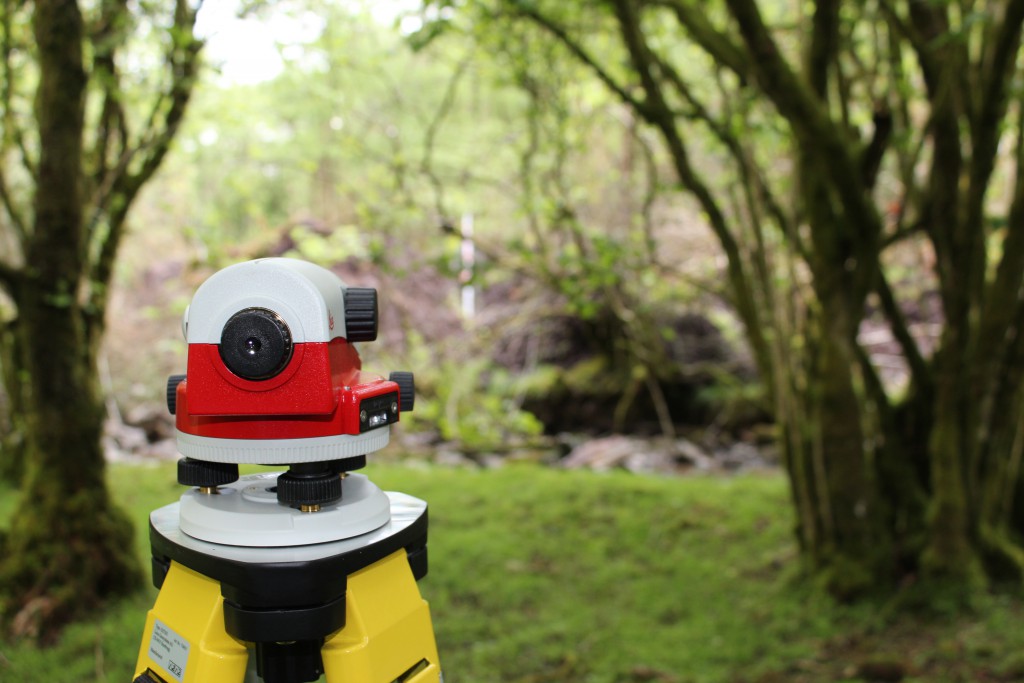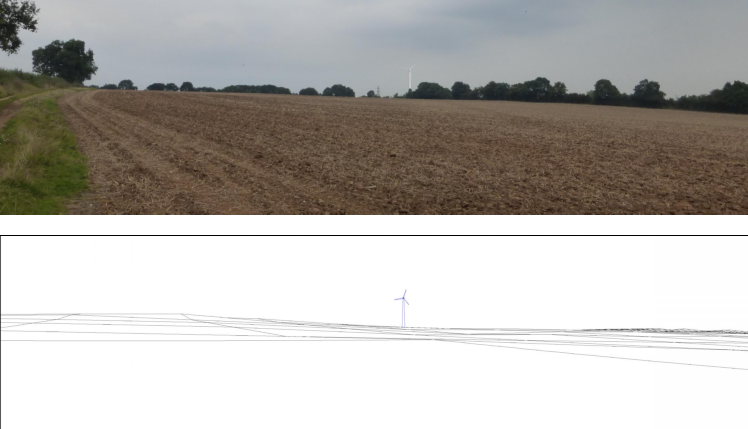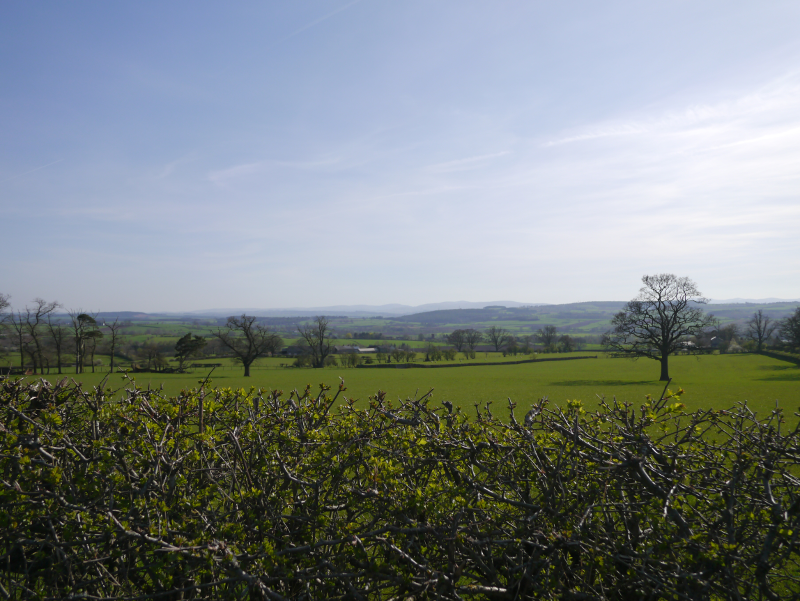TECHNOLOGIES >> PRELIMINARY STUDIES
Preliminary Studies
Before starting a renewable energy project, there are lots of preliminary requirements. SJ1 Renewables have the know-how and experience to ensure that these are all completed at the correct stage of a project. If you are starting a renewable energy project, then you will need to be aware of all the regulatory and other requirements. We have the relevant experience and third party contacts to provide surveys and renewable energy report and studies that are needed before starting a renewable energy project, which include:
- Applying to the Local Planning Authority (LPA)
- Abstraction Licence
- Impoundment licence
- Flood Defence Consent
- Local Investigations and Reports
- Bat and Avian Surveys
- Ecological Surveys
- Archaeological Investigation
- Environmental Impact Assessment
- Visual Impact Assessment
If you are starting a renewable energy project you may have some of the above requirements, please contact us for prices.

Applying to the LPA
Completing Local Planning Authority applications can be time consuming and stressful. You can avoid this by handing the responsibility over to us. Our experience and expertise means that you can rest assured that the applications are made promptly and accurately.
Our clients benefit from successful planning permissions without the stress and concern of applying themselves. We have the technical know-how to include everything required on the first application which often cuts the time-scales down significantly.
We have to be sensitive to these requirements, for example, ensuring our hydro schemes integrate into a river system with minimal effect on flora, fauna and the river system as a whole. Consenting and licencing bodies, such as the Environment Agency (EA), are consulted and checks are carried out to find ecological and environmental designations along the water course. This provides us with an understanding of infrastructure requirements, i.e. fish passes. We also outline with the EA the maximum and minimum water levels which would need to be maintained as part of the future licencing agreements, i.e. the impoundment and water abstraction licenses.
Abstraction Licence
Before starting a renewable energy project and helping yourself to flowing water, a licence, such as an ‘Abstraction Licence’ is required. We specialise in obtaining these licences from the Environment Agency (England), Natural Resources Wales (Cyfoeth Naturiol Cymru) and SEPA (Scotland, excluding the River Tweed and the River Solway as these are still under the remit of the Environment Agency).
This is required to take water from a river. A hydro system will create what is referred to as a ‘depleted reach’. This is the stretch of river between the point that we take the water and the point at which the water returns.
We have to maintain a flow in this section of river to protect animals and plants. Additionally we may have to consider a fish pass to allow fish to continue up stream if our structures block the water flow. The level of abstraction will depend on several factors including the length of the depleted reach and the types of animals and plants found in the river. We evaluate these factors early in the process to understand what might be required. We then negotiate with the EA, who set the minimum and maximum flows we can take. Project viability can hinge on the abstraction levels.


Impoundment Licence
For hydro-electric energy production an area of impounded water, such as a weir, is essential.
This means an Impoundment Licence is required from the Environment Agency (England), SEPA, and Natural Resources Wales (Cyfoeth Naturiol Cymru). SJ1 Renewables can obtain this licence on your behalf.
This licence is also required where a new structure is to be installed which stops or impounds the traditional flow of the river, and applies to modification to existing weir structures.
The EA will review a design in terms of impact on flow and potential flooding implications.
Flood Defence Consent
The flood defence consent is a review of a system design which ensures the design proposal will not lead to problems of flooding.
Previously known as Land Drainage Consents, Flood Defence Consent is required to ensure works do not increase flood risk, damage flood defences, or harm the environment, fisheries, or wildlife.
Consent does not confirm that a proposed structure is of sound design, or that it complies with other legislation, such as planning or health and safety.
We are well practised in obtaining many renewable energy reports and flood defence consent from local planning authorities.

Local Investigations and Reports
Many things need to be considered prior to starting a renewable energy project. We are qualified and have the experience to carry out all relevant local investigations and required renewable energy reports.
Bat and Avian Reports
Depending on your sites proximity to Areas Of Outstanding Natural Beauty (AONB), Special Areas Of Conservation (SACS), Sites Of Special Scientific Interest (SSSI), nature reserves or similar locations, then Bat and Avian Reports will be amongst the ecological surveys/reports required. We use our network of trusted professional ecologists to carry out these reports.
Ecological Surveys
Consenting and licencing bodies such as the Environment Agency (or their national equivalents) are consulted and checks are carried out to find ecological and environmental designations along any water course for hydro projects, or within a proximity to the proposed site for wind/solar/biomass projects. This provides us with an understanding of any infrastructure requirements, such as fish passes.
Archaeological Investigation
As with any new development in or away from built-up areas, renewable energy reports and investigations are required to establish evidence of any local archaeology. This rarely involves a full scale archaeological dig but is important to ensure that nothing will be disturbed, damaged or lost when installing your power system. We have the relevant experience and contacts to carry out these investigations at the right time in your projects life cycle.
Environmental Impact Assessment
The purpose of an environmental assessment is to ensure that decision makers consider all environmental impacts when deciding whether or not to give a project a licence to proceed prior to starting a renewable energy project. We can organise this for you and help you make the right decision. There are seven key areas to consider in an Environmental Impact Assessment:
- Description of the project
- Alternatives that have been considered
- Description of the surrounding environment
- Description of the significant effects on the local environment
- Mitigation
- Non-technical summary
- Identification of any technical difficulties

Visual Impact Assessment
It is important to consider how your project will affect the view from the surrounding landscape and the views of those that live nearby to a proposed system. We have extensive experience and expert computer software enabling us to produce Visual Impact Assessments such as photomontages. These show imagery of surrounding views of the proposed site with, for example, a wind turbine shown in place using computer graphics. We can carry out a visual assessment for any technology that has a visual impact on its surroundings.
Many things need to be considered prior to starting a renewable energy project. We are qualified and have the experience to carry out all relevant local investigations and required renewable energy reports.
Get in touch with us
Let’s change the way we think about and use power; one embedded generator at a time!
© 2023 SJ1 Renewables Ltd. All rights reserved. | Privacy Policy | Terms & Conditions
